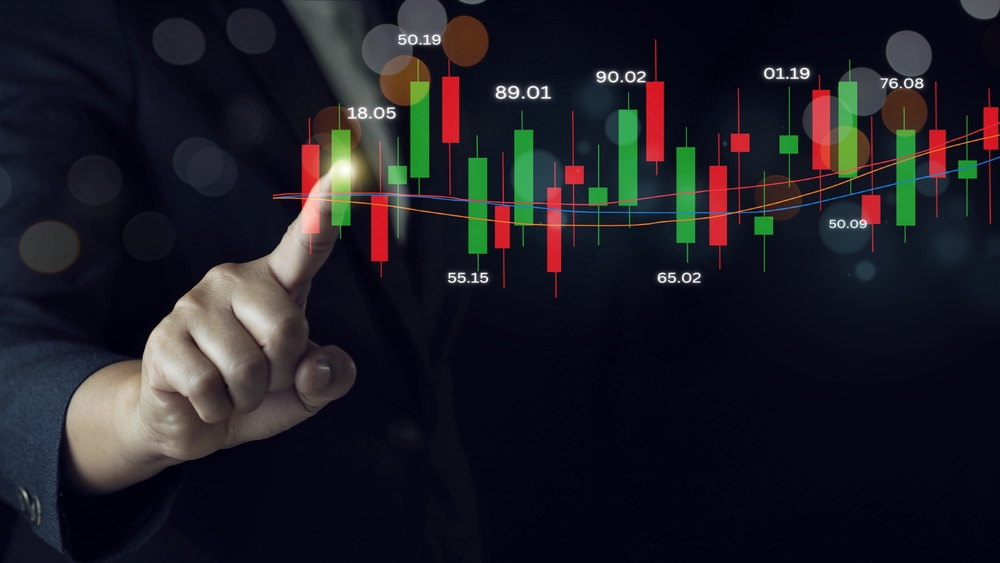
Digital technologies have transformed many areas of our lives, and investing is no exception. New fintech platforms are opening the doors of financial markets to the general public and introducing innovations that are fundamentally changing the rules of the game.
What Exactly Is Fintech?
Fintech, or financial technology, is the fusion of modern digital solutions and financial services, aimed at simplifying, accelerating, and making financial processes more accessible to the public. In the investment space, this means platforms that enable automated portfolio management, online trading, or access to innovative forms of financing such as crowdfunding or peer-to-peer (P2P) lending. The history of fintech dates back to the 19th century, when the first form of remote payments was conducted via telegraph[1], but its true boom came with the rise of the internet and mobile technologies. Today, these tools allow anyone to invest without unnecessary barriers and with much better access to information.
From Traditional Investment Methods to Digital Solutions
Before the fintech era, investing often meant lengthy and costly processes that were primarily accessible to a select group of bank clients or brokers. High fees, bureaucracy, and limited access to information discouraged many people from actively managing their money. Fintech platforms have eliminated these obstacles, offering simple, accessible, and transparent digital interfaces that reduce trading costs while enabling the use of automated investment strategies. The result is not only broader access to investment opportunities for a wide range of people but also a fundamental shift in how investment decisions are made and executed.
The Diversity of Fintech Platforms
The variety of fintech platforms transforming the investment world today is impressive. Robo-advisors use algorithms and artificial intelligence to build and manage portfolios, minimizing the need for manual intervention by the investor. Crowdfunding and P2P platforms allow direct investment in projects or companies without traditional intermediaries. Mobile apps, on the other hand, place trading tools into the hands of investors anytime and anywhere, significantly simplifying access to the markets. Revolutionary opportunities are also brought by blockchain and cryptocurrencies, which as decentralized and transparent tools are disrupting traditional investment models. Moreover, social investing and copy-trading open space for community sharing of strategies and mutual learning, making investing a far more interactive experience.
How Is Investor Behavior Changing?
These new platforms are significantly expanding the investment landscape. They provide access even to those who previously lacked the means or opportunity to invest. Lower fees and greater transparency increase trust and encourage more active participation. Additionally, fintech introduces a wealth of educational tools and interactive features that enhance financial literacy and help users make better decisions. Thanks to rapid access to information and automation, it’s possible to respond to market changes in real time, increasing trading efficiency and the potential for returns. Overall, fintech is creating a more dynamic, inclusive, and technologically advanced investment environment.
Risks We Cannot Ignore
Despite many advantages, it's important not to overlook certain risks. Technological threats such as cyberattacks or system failures can jeopardize the security of investments and data. The legal framework surrounding fintech is still evolving, which brings uncertainty and varying levels of regulation that may affect platform stability. Moreover, the ease and speed of investing can lead to impulsive decisions or overreliance on automated systems without sufficient market understanding. Therefore, it is essential to approach fintech investing responsibly, with a combination of technical knowledge and financial literacy.
The Future of Investing Is Digital and Smart
Looking ahead, fintech is expected to integrate artificial intelligence and big data analytics even more deeply, allowing for more personalized and accurate investment decisions. At the same time, the importance of digital identity and security technologies is set to grow, protecting investors from cyber threats. This technological shift will also significantly impact traditional financial institutions, which will have to adapt to new digital standards or risk losing their dominant position. The fintech revolution promises to create an investment environment that is more efficient, secure, and accessible to investors around the world. If you're interested in more practical tips and advice on investing, check out our previous articles on AxilAcademy.
[1] https://unitedfintech.com/blog/a-brief-history-of-fintech-part-1/

He has been trading in the capital markets since 2002, when he started as a commodity Futures trader. Gradually he shifted his focus to equity markets, where he worked for many years with securities traders in Slovakia and the Czech Republic. He also has trading experience in markets focused on leveraged products such as Forex and CFDs, and his current new challenge is cryptocurrency trading.


